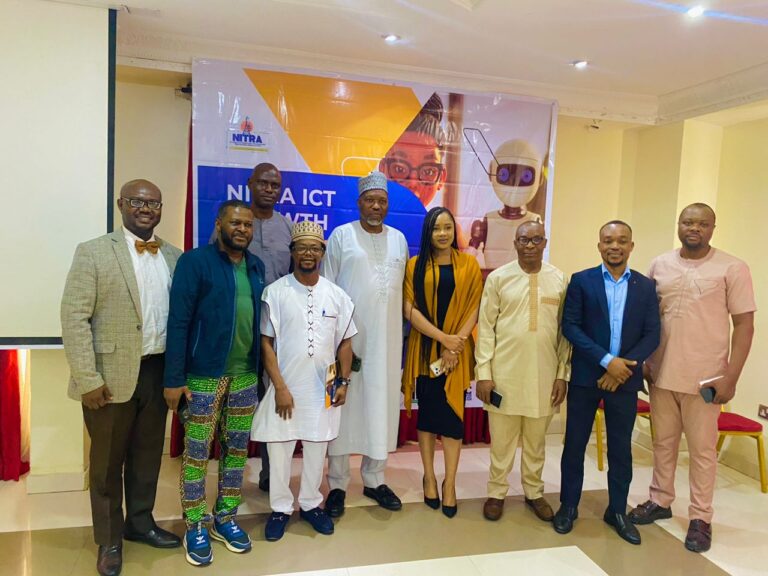Some experts who spoke at the NITRA ICT Growth Conference 4.0 in Lagos recently have posited that adopting Artificial Intelligence (AI) though disruptive, will not replace human workers but rather enhance their productivity.
Dr. Oluseyi Akindeinde, CEO of NeuRaL AI, emphasized the importance of upskilling to ensure sustainable AI adoption in Nigeria. He highlighted that the fear of job displacement often hinders AI adoption, but this fear is unfounded. He compared AI’s impact to the introduction of the internet, which, rather than eliminating jobs, created new opportunities and democratized information.
According to him, AI is a tool designed to assist humans in difficult or time-consuming tasks. “For example, AI can transcribe audio recordings in seconds, a task that would take hours for a human. In the education sector, AI can translate content into different languages, making it more accessible to students,” he said.
He also addressed the lack of skilled professionals in Nigeria for AI-related fields. He urged professionals like lawyers, journalists, and doctors to upskill and better understand AI. He emphasized that AI is a versatile technology that can be applied across various industries, similar to the Internet.
How data governance can influence AI’s success in Nigeria
Meanwhile, an Energy, Tech/Project Leader, Oluwatoni Olugbenga has highlighted that the critical role of data governance has the capability of influencing the success Artificial Inteligence (AI) in Nigeria’s push for National development
Olugbenga, who delivered a keynote address on the profound impact of Artificial Intelligence (AI) on Nigeria’s national development at the NITRA ICT Growth Conference 4.0, noted that the quality and integrity of data directly influence AI’s capabilities.
He also highlighted the intersection of AI and energy demand, particularly with the increasing number of data centers.
According to him, Nigeria, with its burgeoning tech sector and youthful population, has the potential to leverage AI across various industries. However, Olugbenga stressed the need for strong data governance policies to protect privacy, ensure cybersecurity, and foster trust.
To address the energy demands of AI infrastructure, Olugbenga suggested investing in energy-efficient data centers, utilizing renewable energy sources, and implementing smart grid technologies. He also emphasized the importance of accelerating the digital transformation of the energy sector and formulating comprehensive policies to guide the integration of AI and energy management.
By adopting a multi-faceted approach and prioritizing sustainable practices, Nigeria can position itself as a leader in AI-driven development while ensuring a resilient and efficient energy ecosystem. Olugbenga concluded by urging the nation to embrace AI as a tool for inclusive growth, empowerment, and national progress.




